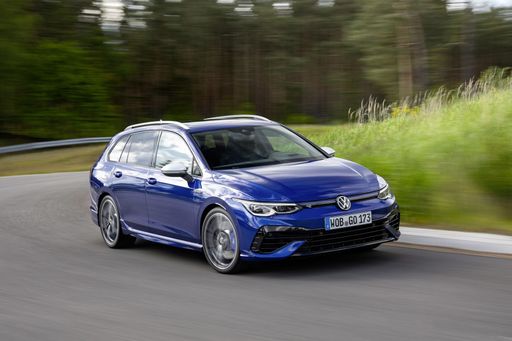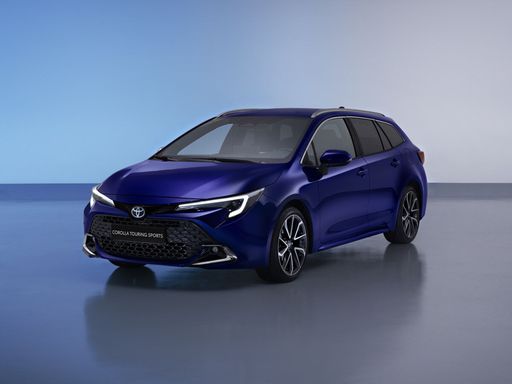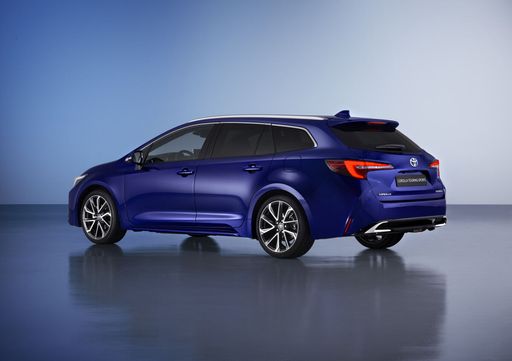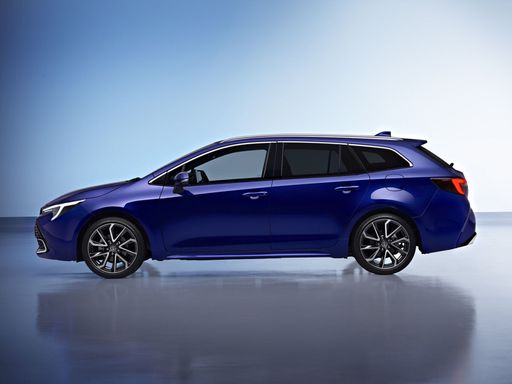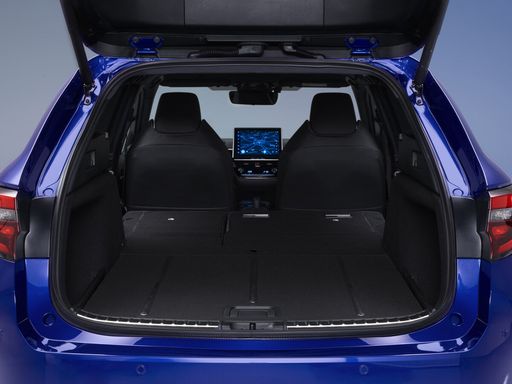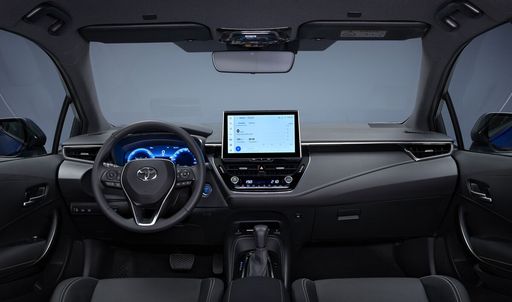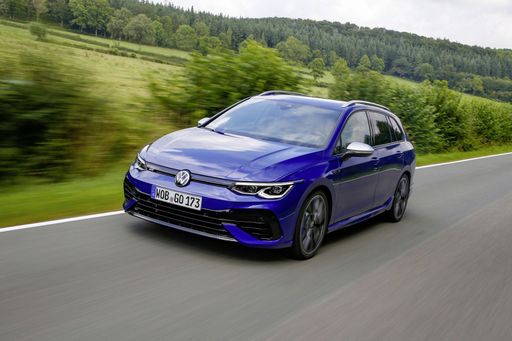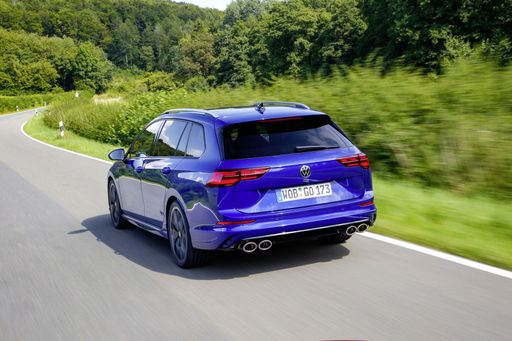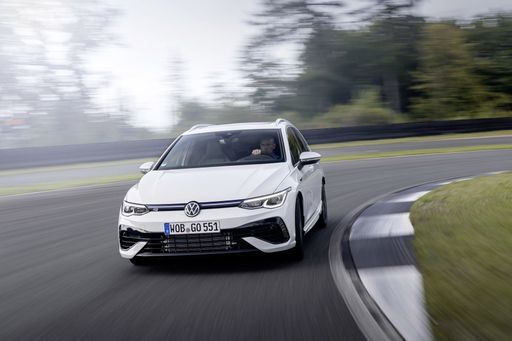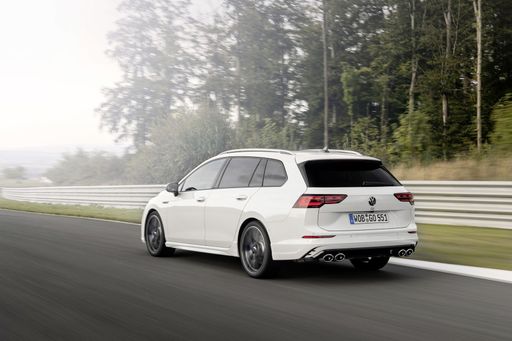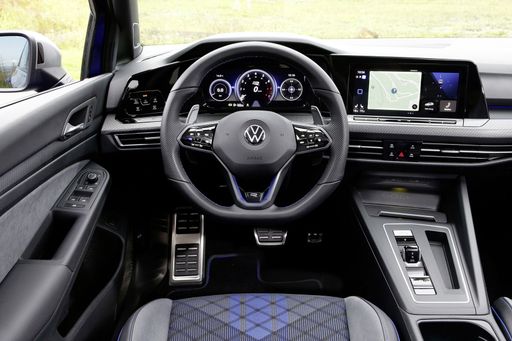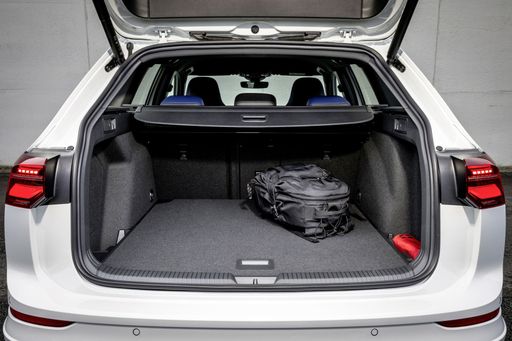Introduction: The Versatile Wagon Showdown
In the ever-popular segment of compact wagons, two names stand out: the Toyota Corolla Touring Sports and the VW Golf Variant. Both models boast a blend of practicality, comfort, and advanced technology, making them appealing choices for those seeking functionality without compromising on style. In this article, we'll delve into a side-by-side comparison of these two vehicles, examining their technical specifications, innovations, and overall driving experience.

